Cuomo announces 750-mile Empire State Trail, a continuous trail connecting NYC to Canada
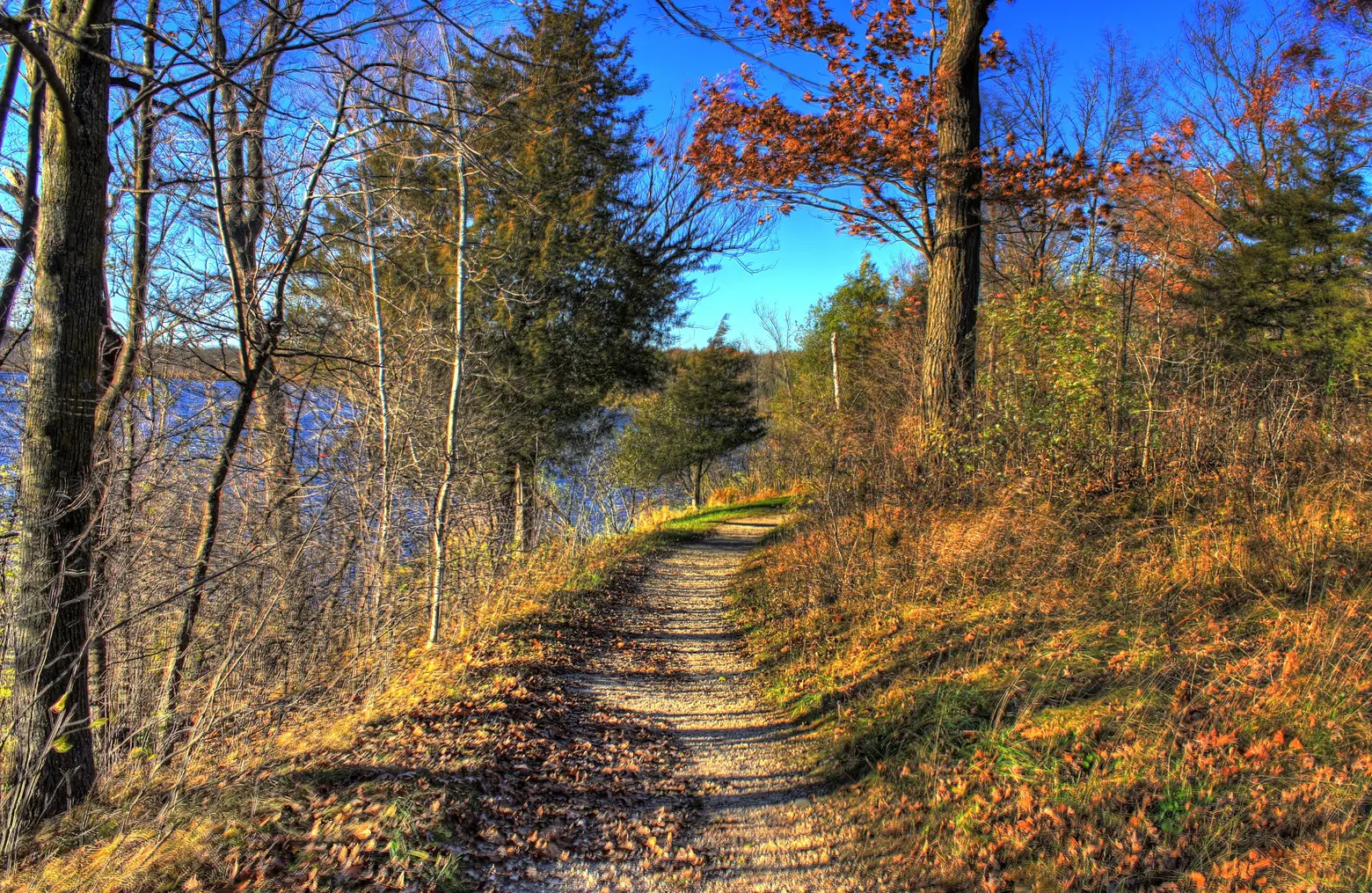
Joggers, walkers, cyclists, cross country skiers and just about anyone who can move their feet will in the very near future be able to follow a single trail direct from the bottom of Manhattan all the way to the border of Canada.
This morning Governor Cuomo announced that the state would invest in building a $200 million Empire State Trail that would span 750 miles and become the largest, state multi-use trail in the nation. The project would build upon two existing but incomplete trailways—the Hudson River Valley Greenway (now 50 percent complete) and the Erie Canalway (now 80 percent complete)—and essentially run from Battery Park City all the way up to the Canadian border in the North Country, and from Albany to Buffalo.
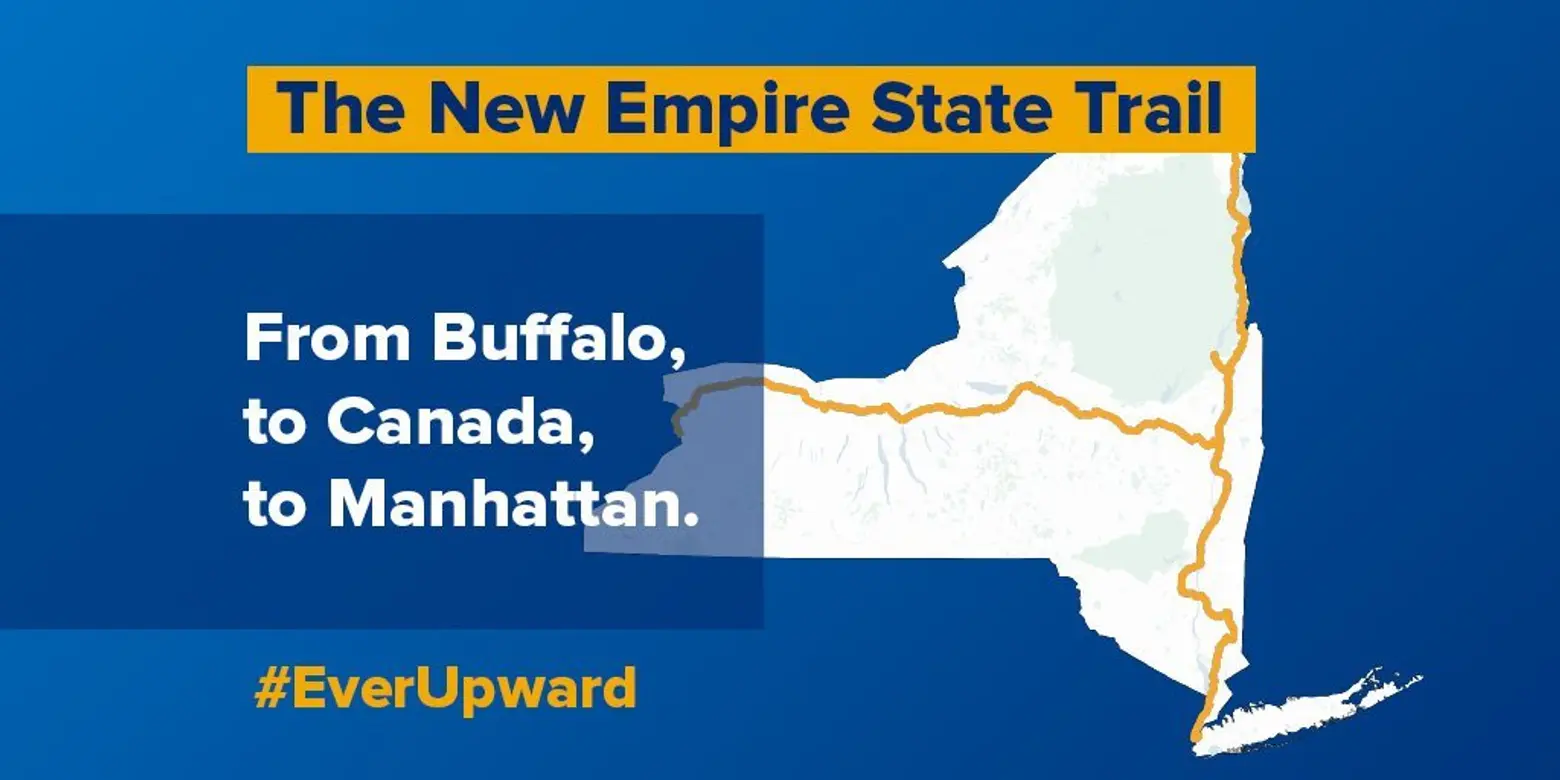
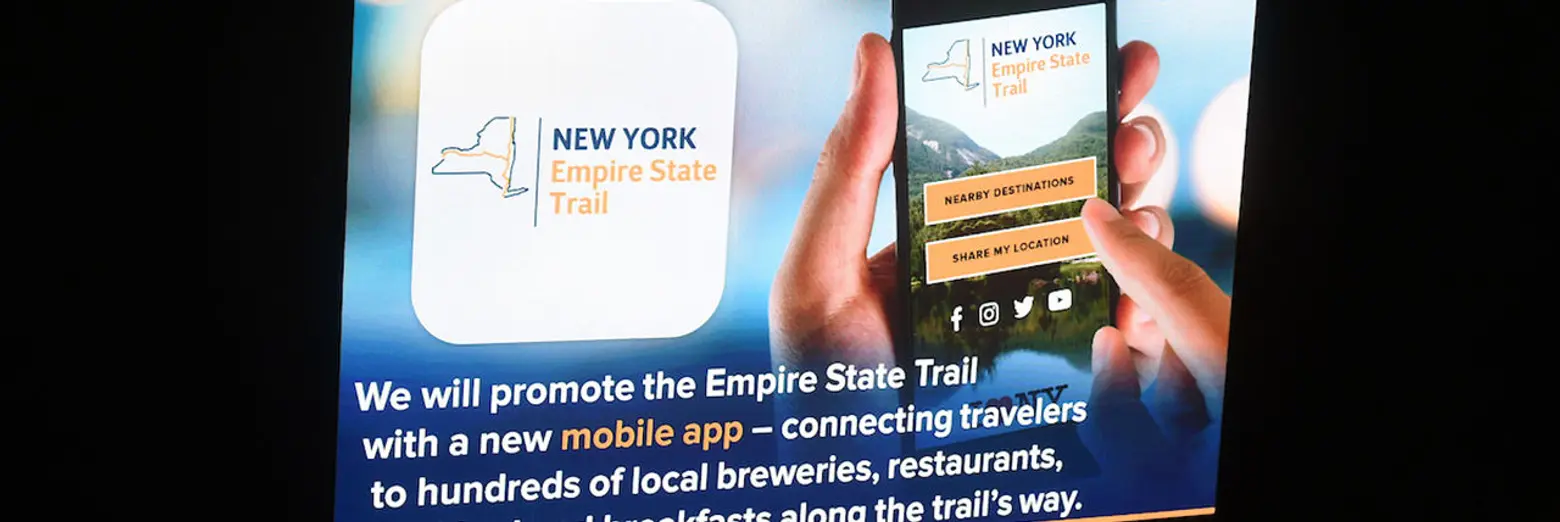
“The scenic natural beauty that spans every corner of this state is key to our prosperity, vital to our future and part of who we are as New Yorkers,” Cuomo said in a press statement. “The Empire State Trail, once completed, will be the nation’s largest state multi-use trail network, providing residents and visitors alike unprecedented access to New York’s outdoor treasures, driving tourism and economic activity to communities across the state and helping to protect our environmental resources for generations to come.”
According to the governor’s office, the Hudson River Valley Greenway and the Erie Canalway already generate an estimated $21 million and $253 million, respectively, in economic activity from visitor spending annually. It’s believed that closing the gaps in the two trails to create an uninterrupted stretch would be an economic boon to a New York state where tourism is already at a record high.
In all, 350 miles of new, paved and graded trail would need to be constructed. The plan envisions the trail traversing the state’s dynamic geography and touching historic sites including:
Hudson River Valley Greenway
· Battery Park, NYC
· Walkway Over the Hudson, Poughkeepsie
· Olana State Historic Site, Hudson
· Martin Van Buren National Historic Site, Kinderhook
· Schodack Island State Park, Schodack Landing
· Saratoga National Battlefield, Stillwater
· Fort Ticonderoga, Ticonderoga
Erie Canalway Trail
· Theodore Roosevelt Inaugural Historic Site, Buffalo
· Buffalo State Park, Buffalo
· The Salt Museum on Onondaga Lake, Liverpool
· The Montezuma National Wild Refuge, Seneca Falls
· The Great New York State Fair, Syracuse
· Oriskany Battlefield State Historic Site, Oriskany
· Fort Stanwix National Monument, Rome
Cuomo says he will ask that $53 million be earmarked in the coming state budget to complete the first phase of construction, of which there will be three phases; The first phase to bring 72.6 miles of trail, the second to bring 82.2 miles, and the third phase would see another 196 miles of trail built. The “vast majority” of land needed for the project is already owned by the state.
The Empire State Trail is expected to be complete by 2020. Moreover, it will also be supported by an app and website highlighting a list of greenways, trails with hiking descriptions and their level of difficulty, a live tour map, nearby services and attractions, and a slew of other features.
RELATED:
Get Inspired by NYC.
Leave a reply
Your email address will not be published.
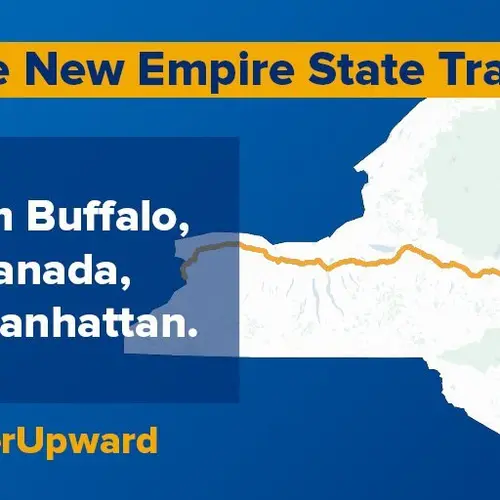
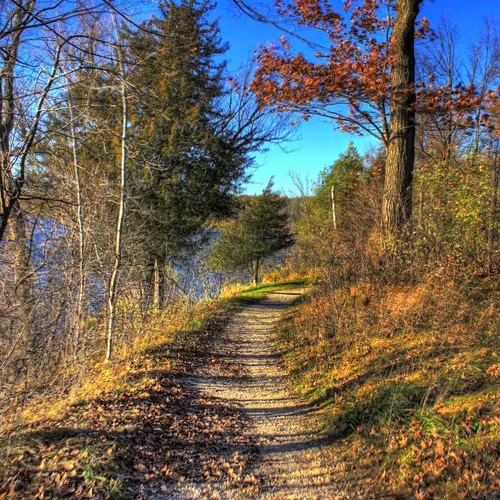
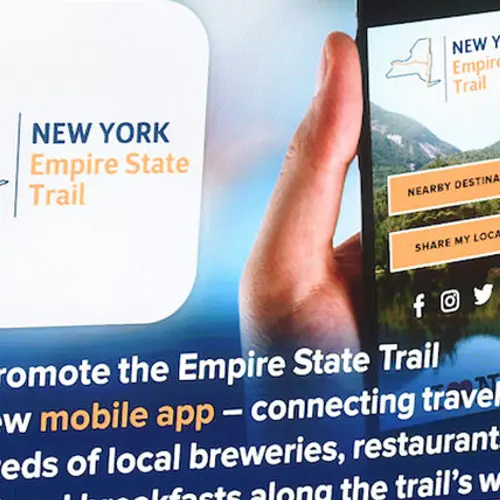
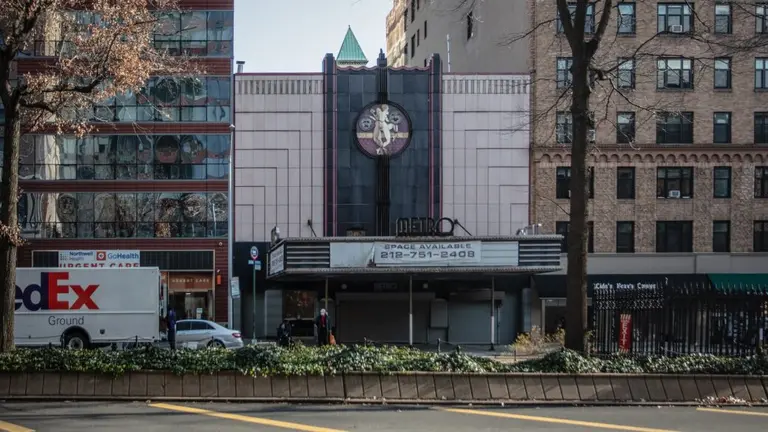
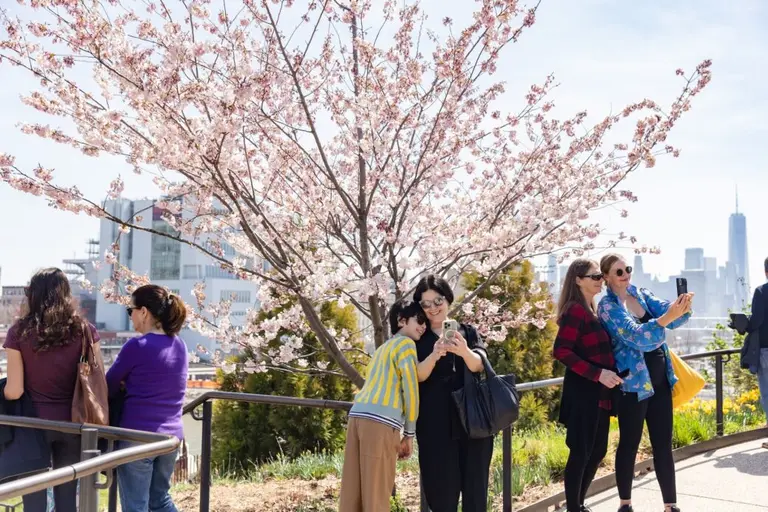
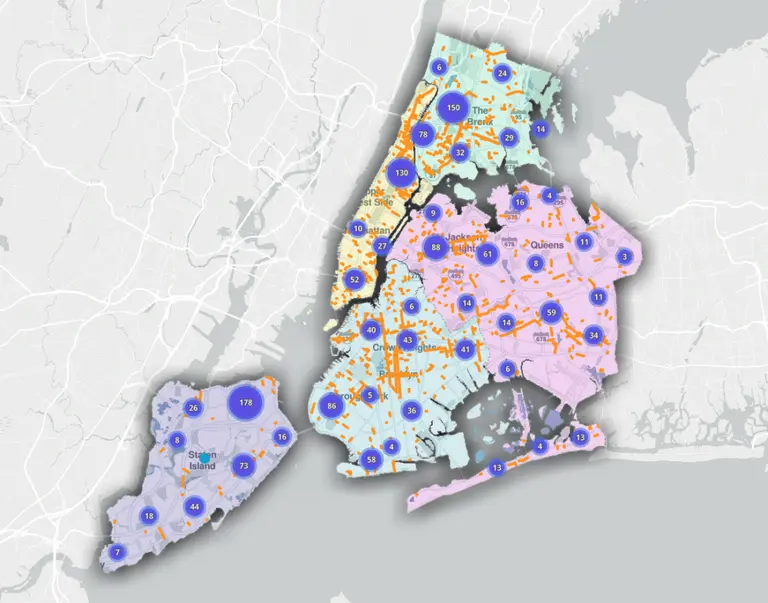
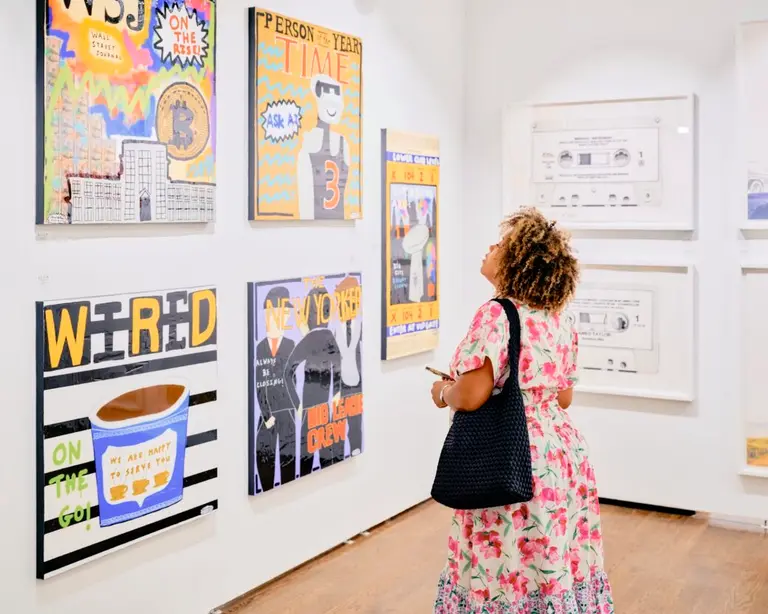
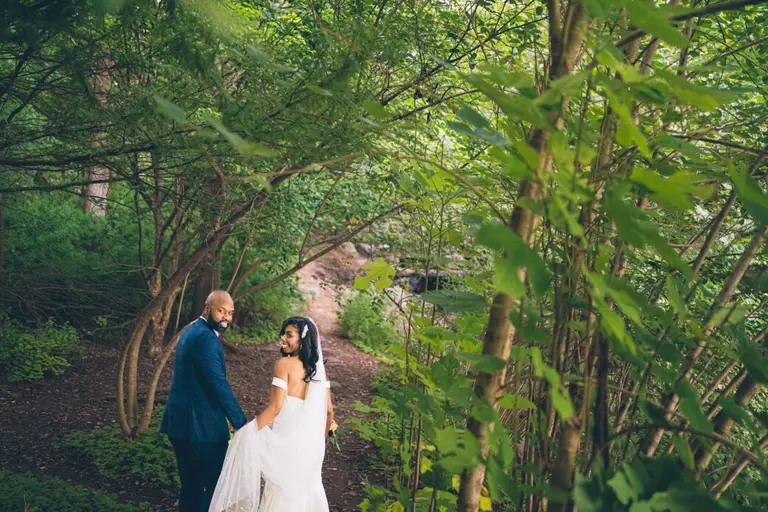
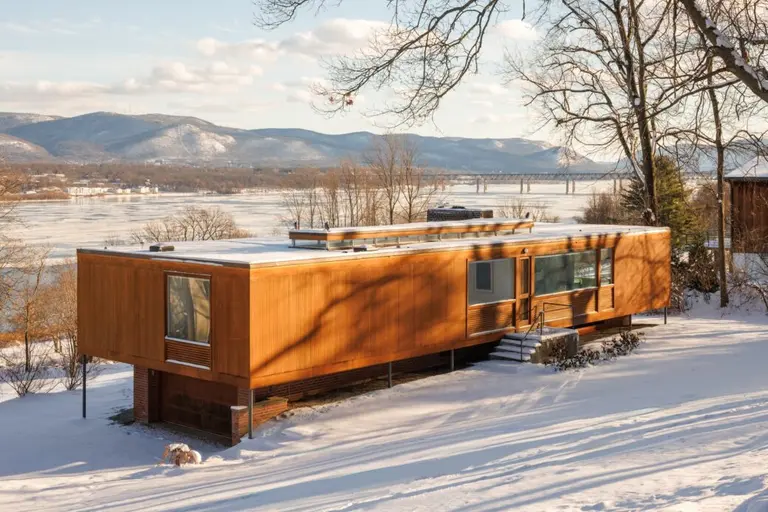






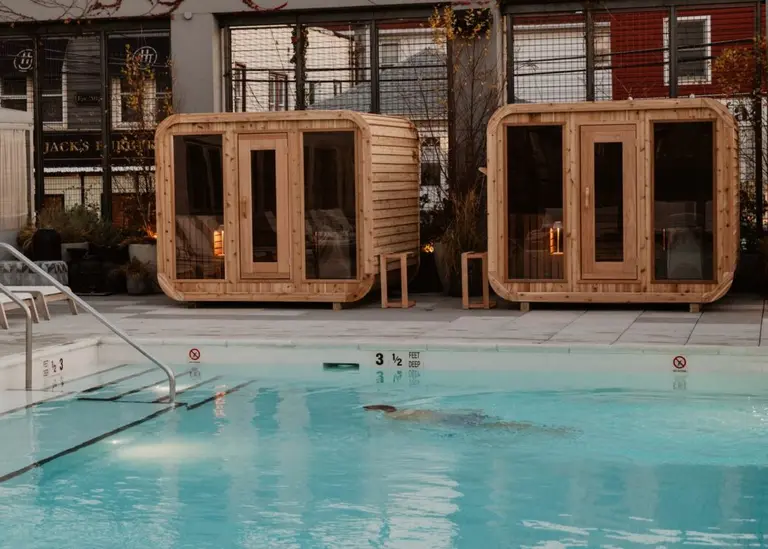
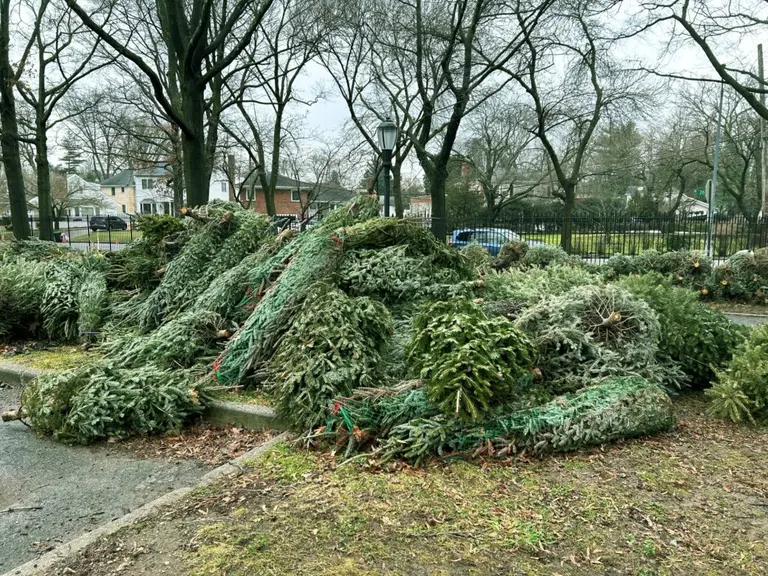

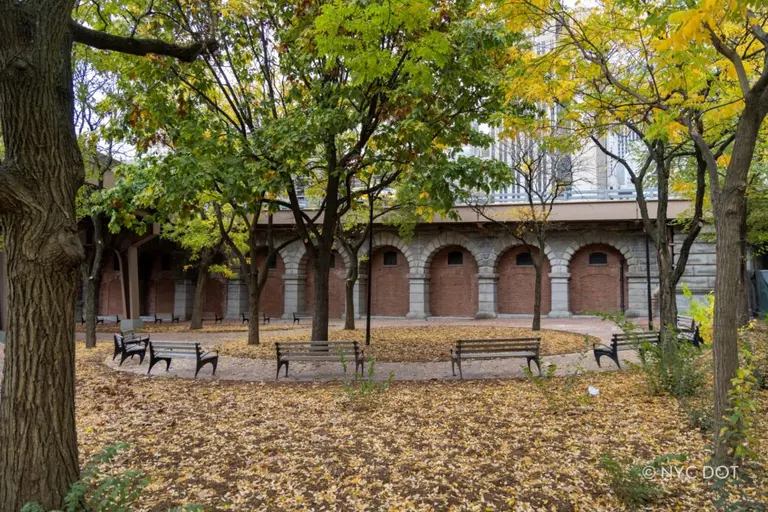











ambitious program and lots of luck. at some point, how about a trail along the east side of Lake Ontario, saint Lawrence river, tying in to the Hudson pathway.
?
With sites like the Hudson Valley, cool creeks an small falls all over NY state, there’s no reason this shouldn’t exist. Pacific crest trail this state.
The rail trail that is being converted from Lake Placid to Tupper Lake can be extended down to Old Forge, and then connect to the Erie Canalway. Make it happen!
Great! Long Island needs a bike trail out to Montauk, also!
I wish it were like on this photo, but it’s going to be paved all the way instead.
How about spending $53 million on something New York needs.
Could celebrities who said that they would move to Canada if Donald Trump were elected President, use this trail to walk to Canada?
Will. Equestrian s be able to use trail?
The muddy trail is perfect for horses, as pictured here!
Wish it wasn’t paved. Most bikers can ride on smooth packed dry dirt. Few people ride rollerblades 750 miles. Walkers prefer dirt. Pavement is hard on the legs/feet.
Does this trail connect to a Canadian extension from its north end to Montreal and beyond ?
http://www.greenway.org/explore-by-state/ny
for bikers, there’s also the east coast greenway decades in the making, designed for bikes. it uses some existing paths, including a recent addition, the bronx river pathway http://www.traillink.com/trail/bronx-river-greenway.aspx
I started out as a mountain biker, but have done a lot of road riding in recent years (15,755 miles in 2016), with all the comments about wanting it to be unpaved and to allow horses, try to keep in mind that it is possible (in fact easy) to ride a mountain bike on pavement, but much harder to ride a road bike on dirt. The Greenway project also has many areas with parallel equestrian paths, and I think this makes sense not only to avoid damage to the trail, but to avoid horses being spooked by bikers etc. BTW, you can also always walk along the side if the pavement bothers your legs/knees (Kevin117), I know what you mean since I had mine operated on years ago, and don’t have a lot of cartilage to pad the bones 🙂
Couldn’t he use that money for the homeless?